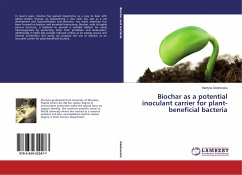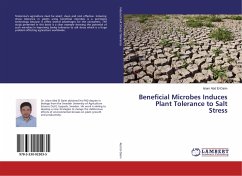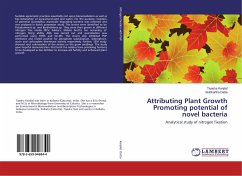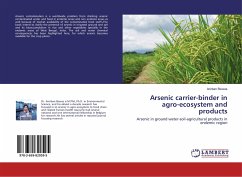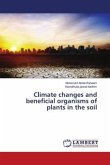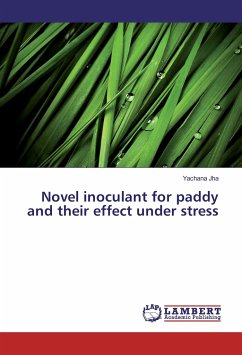In recent years, biochar has gained importance as a way to deal with global climate change, by sequestering C into soils, but also as a soil amendment and bioremediation tool.However, not much attention has been focused on biochar and microbial interactions. Biochar, with its highly porous structure, is believed to provide a suitable habitat for many microorganisms by protecting them from predation and desiccation; additionally it might also provide reduced carbon as an energy source and mineral nutrients.In this study, we propose the use of biochar as an inoculant carrier for plant-beneficial bacteria.
